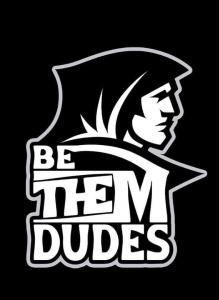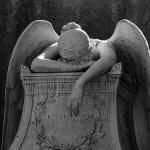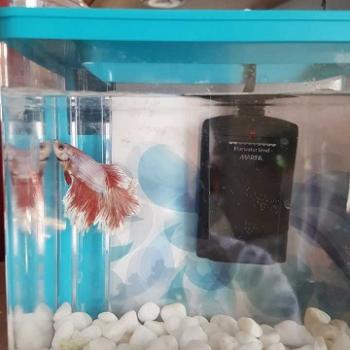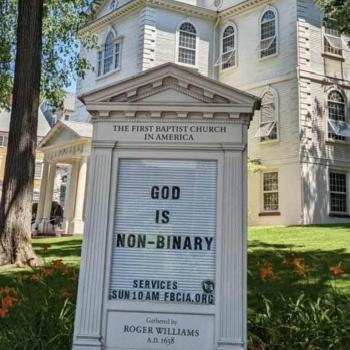Regular readers of this blog, or even those who just occasionally drop in, know that I am a college basketball fanatic, particularly for the Providence College Friars. To say that the last few weeks have been a roller coaster ride for Friars fans is the understatement of the year. The 2021-22 season was one for the ages. The Friars won the Big East regular season championship for the first time in school history, then made it to the Sweet Sixteen in the NCAA tournament, the Friars’ best March Madness result in 25 years, before losing to the eventual national champion. To cap it all off our head coach, in his eleventh year at the Friars’ helm, won the Naismith national Coach of the Year award. Heady times for a college that continually punches well above its weight on the basketball court against programs from colleges and universities 10-20 times its size.
Because last year’s team was largely made up of fourth- and fifth-year players who left after the end of the season with dreams of playing professionally somewhere in the world, most Friars fans expected the 2022-23 team, with only three players—none of them starters—returning from the previous year, to be a work-in-progress, requiring patience for rebuilding and retooling. It was exactly like that for the first few weeks of the season, but by the time league play began in late December, the Friars started clicking. They were clearly one of the three or four best teams in the very competitive eleven-school Big East, spending some time in first place and cracking the national top-25 rankings, where they stayed for weeks. Long term fans such as I started publicly suggesting that this group might actually be better than the previous year’s Sweet Sixteen team.
Then with three weeks left in the regular season, the wheels started coming off. The Friars lost four of their last five regular season games, including the last two at home, lost their first game in the league tournament, then were eliminated in the first round of the NCAA tournament after receiving a much worse seed than had been projected just a few weeks earlier.
“What happened?” Friars fans wanted to know. Most everyone had ignored rumors for weeks that other programs were interested in hiring our very successful coach, since there had been such rumors at the end of every season for the last decade. But within a few short days after our final loss, it became clear that not only was our coach leaving for a hated in-conference rival, but it was also clear that plans for this happening had been developing for weeks. When it became public that the coach and his wife had put their house for sale on the market a few weeks before the end of season, just about exactly at the time that the team started playing badly, what had been rumors became obviously true. The coach had become distracted with visions of bigger things, the players knew it, and things fell apart.
Friars nation was disappointed, hurt, and pissed. Negative and pessimistic fires broke out on social media, fueled by sudden hatred of our former coach along with predictions that the Friars program had been set back years by our coach’s betrayal. Within a couple of days, however, news broke that our Athletic Director was in negotiations with one of the youngest and fastest rising young coaches in the country to step in as our new coach. Within a week the new coach signed a contract, and an event was scheduled to introduce him to the media and as many fans as could fit into one side of our on-campus basketball facility. Jeanne and I, of course, were part of the crowd.
The new coach had a number of memorable comments and soundbites during his remarks that day, all intended to fire up the thousands of fans crammed into our on-campus gym. What stuck with me the most is when he acknowledged that he stood at the hopeful transition point from despair to hope. “My way of thinking about the past has always been to ask So What? Now What?” In other words, yes that happened. It’s in the past, now what? Your previous coach coached the last month of the season with one foot out the door, then left? “So What? Now What?” He might be taking many or most of your best players with him? “So What? Now What?” I like that energy. It reminds me of  President Bartlett from “The West Wing” whose question to his staff and minions was always “What’s next?”
President Bartlett from “The West Wing” whose question to his staff and minions was always “What’s next?”
The early returns and results from our new coach are promising. None of our current players followed the former coach to his new gig while several players are following our new coach from his former gig. His youth, energy, and passion are infectious—most Friars fans wish that the new season started tomorrow instead of next November. But “So What? Now What?” has me thinking about matters that extend well beyond college basketball.
We are less than two weeks out from Easter, one of the two biggest events on the Christian liturgical calendar. It is clear, though, that the life of faith cannot live off the energy of past events, no matter how spectacular. Next Sunday’s gospel is about the “So What? Now What?” questions that two disciples are asking as they walk from Jerusalem to Emmaus and discuss recent events. With reference to the other biggest event on the liturgical calendar, Meister Eckhart once provocatively asked “So What? Now What?”:
What good is it for me that Christ was born a thousand years ago in Bethlehem, if he is not born today in our own time?
Great question, but a difficult one. One of the obvious reasons that Jesus continually told his disciples not to tell anyone about the miracles that they witnessed him performing on a regular basis is that miraculous events will not sustain the daily grind of human existence. Belief based primarily or exclusively on such events will fade. There eventually has to be a better reason to believe than what happened in the past.
A student who professed to be an atheist once asked me during his final oral exam why I was a person of faith (a tried-and-true strategy in any sort of exam or interview—turn the tables on the one asking questions). On the fly, I told him something like this:
Let me put it this way. The story of Jesus’ birth and life has been a central narrative, perhaps the central narrative, of my life from the time I was a little kid. It and its accompanying stories are my tradition, my heritage, my birthright. It has come to have a very different meaning for me over the years, particularly in the last seven or eight years. The story of the Incarnation, of God out of love becoming human, is not about facts. It is a framework for believing that we matter enough to be loved by what is greater than us, and that the divine has chosen to get into the world through human beings. As a mentor of mine once said, this is the sort of story that should be true.
I can’t guarantee that this always is enough to provide acceptable answers to the ever-present “So What? Now What?” questions. But, as Rachel Held Evans was fond of saying, “on the days that I believe” this is what sustains me.

















